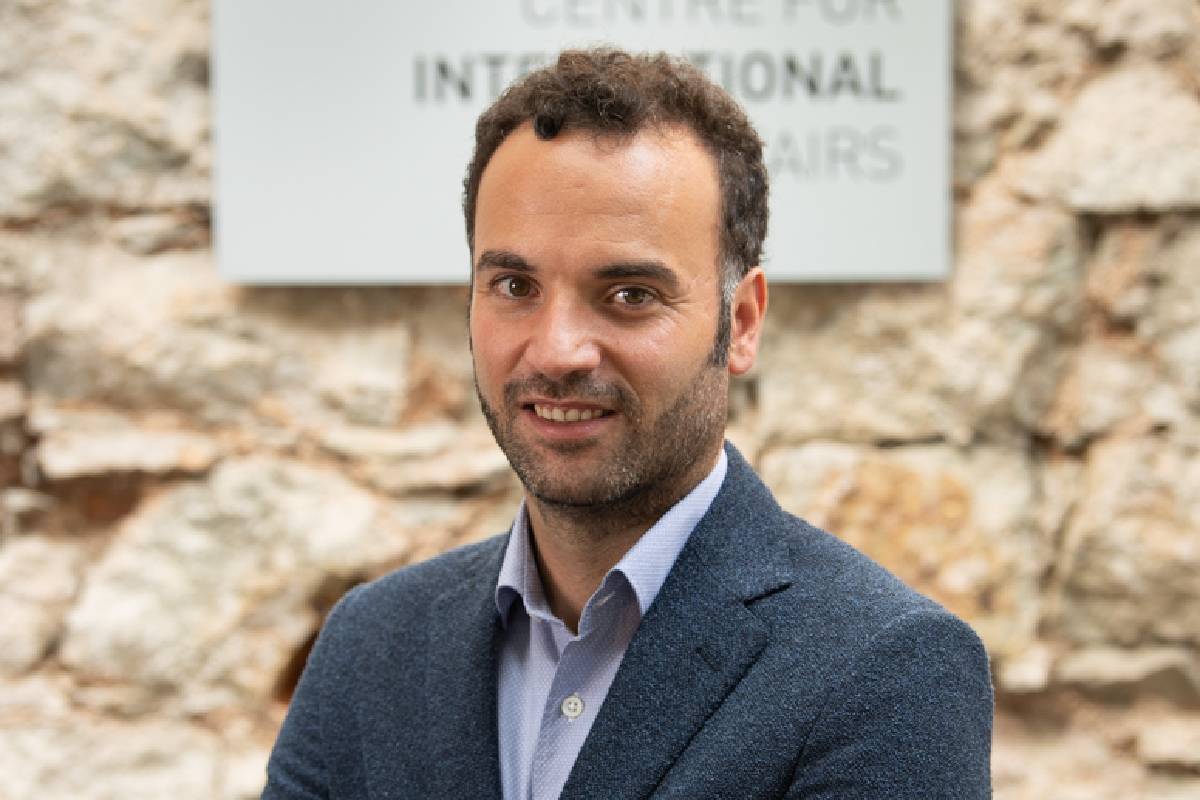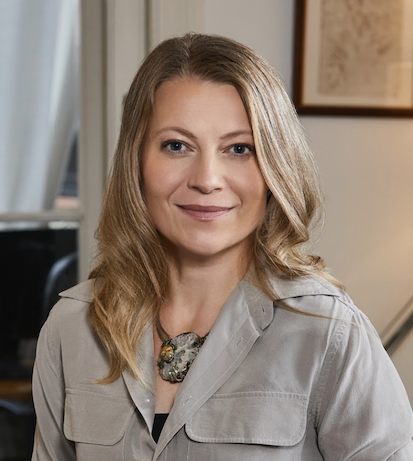CIDOB, a plural approach to international relations

Pol Morillas, Director of CIDOB (Barcelona Centre for International Affairs).
What is CIDOB?
Based on the twin criteria of excellence and relevance, CIDOB is a Barcelona-based international relations research center whose aim is to analyze the local and international effects of global issues on political and social dynamics and governance.
CIDOB’s objective is to seek to analyze the increasing influence of international affairs on all areas of citizens’ lives. Our center is now more relevant than ever because of the growing impact of geopolitics on people’s lives, and the need for the public sector, private enterprise, and society as a whole to understand geopolitical phenomena and equip themselves with better analytical tools.
When was Fundació Úniques founded and when did you start working here?
CIDOB was founded in 1973 by Josep Ribera, so this year is our 50th anniversary. I started working at CIDOB in 2015 as a researcher on European issues, and in September 2018 I took up the position of director.
What do you like most about your work?
CIDOB is a think tank with a long national and international track record, and this has brought me into contact with a variety of different stakeholders: politicians, decision-makers in the public and private sectors, as well as the best analysts in international relations; directing the CIDOB gives me the opportunity to talk face to face with people for whom I have the greatest admiration. At the same time, my job is to continue to analyze the manner in which geopolitics affects the daily lives of citizens and the work of institutions.
And what do you like least?
Institutions and foundations in general, and CIDOB in particular, have less and less autonomy and are hamstrung by procedures, bureaucracy, and financing constraints. It can be difficult to accept that procedures sometimes make it more difficult to achieve our goals, despite the fact that our stakeholders are increasingly conscious of the importance of our Barcelona-based center.
Its plural approach to international relations. We do not only contribute to traditional debates; we try, above all, to focus on issues that are particularly relevant to citizens: climate change, technology, the future of democracy, etc. Our approach to understanding the world is therefore more plural and involves more actors and actions, while also including cities as international actors.
What makes the foundation unique?
Its plural approach to international relations. We do not only contribute to traditional debates; we try, above all, to focus on issues that are particularly relevant to citizens: climate change, technology, the future of democracy, etc. Our approach to understanding the world is therefore more plural and involves more actors and actions, while also including cities as international actors.
What is your main challenge?
Influencing decision-making processes is always a challenge for a think tank. In addition to maintaining our European status and the connections we have already forged, CIDOB’s goal is to become more international, to look beyond Europe and to position ourselves alongside the great global think tanks.
Where is the foundation located? Do you know why this location was chosen?
We are in the Raval, which in itself speaks volumes. Raval is in the center of Barcelona, and has undergone a major process of urban renewal, and institutions like the MACBA and the CCCB have added a cultural flavor to the neighborhood.
Locating our center here makes a lot of sense, as our mission is to make our work relevant to citizens, and this is a neighborhood that has traditionally suffered from a range of urban and socioeconomic problems. The desire to put citizens at the center of international relations is reflected in the location of the institution. Ponemos a la ciudadanía en el centro de las relaciones internacionales y lo plasmamos en nuestra sede.
How important is Barcelona for your company?
Most international think tanks are located in capitals and other centers of power. Barcelona aspires to play a role in international debate and has always aspired to do more than others might expect of it. I think this shows the importance of the city for us and makes the center one of the many examples of the city's international vocation.
It is fair to say that the fact there is a center of international relations in Barcelona capable of participating in the debate on the same level as larger cities helps to accentuate the global projection of the city.
With which city would you compare Barcelona to?
If there was a city that was able to make a name for itself with less resources than many other larger cities, a city in a privileged location, I would undoubtedly mention it, but this is precisely what makes Barcelona unique.
And although it is difficult for me to identify a similar city, if I was forced to pick one, I would say San Francisco. Both cities are important in their own right and attract a lot of attention, although they don’t have the administrative and business wherewithal of some others. They are lighthouse cities that should be looked at very carefully.
What model of city do you think Barcelona should be like?
Barcelona is a model city in itself: it should continue to be innovative and inclusive, and to tackle social challenges head on, issues like the energy crisis, inflation, digitalization, and job instability. All these challenges entail changes in international dynamics, so we must be committed to understanding the phenomena that underlie them and adapting in order to achieve the innovativeness and inclusivity that we seek.
What best practices from other cities would you like Barcelona to adopt??
Barcelona has to develop its own “good practices.” I don’t think that much can be achieved by constantly comparing ourselves to other cities; we need to forge our own model and enhance those areas of action that help us to pursue it.
What would you ask of the Barcelona of the future?
I ask two things from the Barcelona of the future: to be aware of its own potential and to build on that potential. Barcelona has to believe in its potential and act on it. The world is no longer shaped only by the traditional actors in international relations: cities are also key actors.
We should neither be pessimistic over our future nor copy others. Rather, we should understand ourselves fully and exploit our potential. This is the spirit we must seek to draw on.
If you want to know the latest English news about Barcelona and the people who bring it to life, sign up to our Blog.







